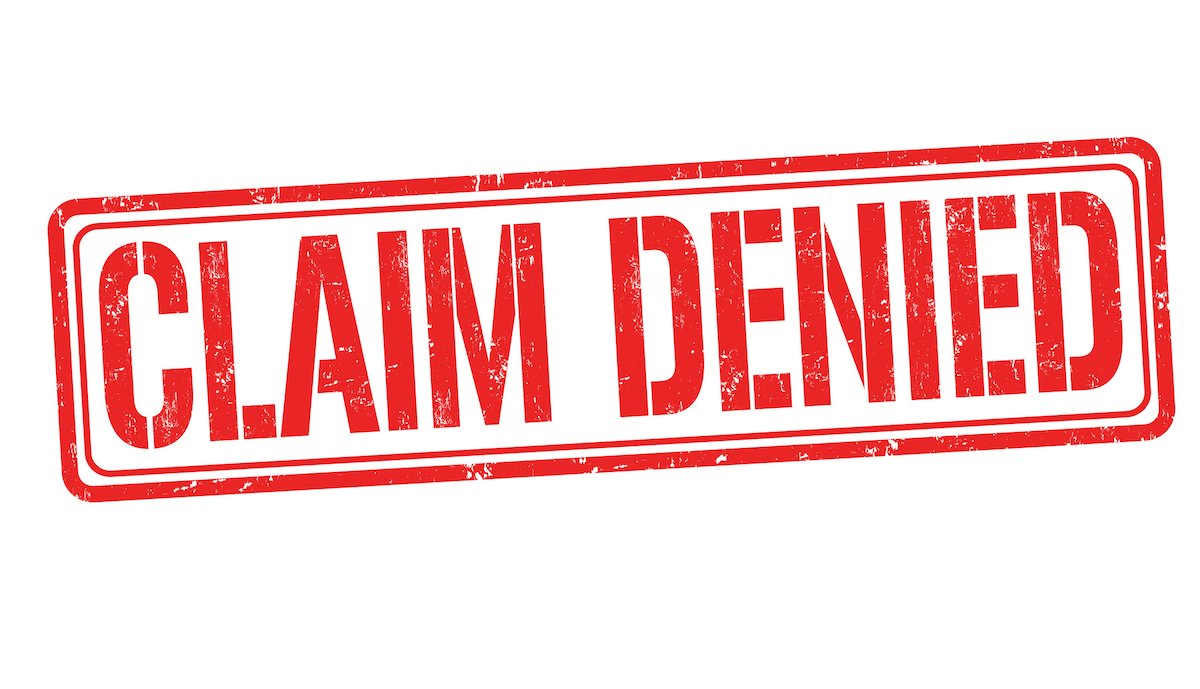Car accidents are unfortunate events that can lead to significant financial and emotional distress. While most car accident claims are settled through negotiations with insurance companies, there are instances where pursuing a lawsuit against the insurer becomes necessary. This article provides a comprehensive guide to understanding when and how to sue your insurance company after a car accident in the United States.
When to Consider Suing Your Insurance Company
Suing an insurance company is typically considered a last resort, but it may be necessary in certain situations. Understanding these circumstances is crucial before taking legal action. Here are some common scenarios:
Denial of a Valid Claim: If your insurance company denies your claim despite clear evidence supporting your case, a lawsuit may be warranted. This is especially true if the denial appears to be in bad faith.
Unfair Settlement Offer: Insurance companies sometimes offer settlements that are far below the actual value of your damages. If you believe the offer is inadequate and doesn’t cover your medical expenses, lost wages, and property damage, suing could be an option.
Policy Disputes: Disagreements over the interpretation of your insurance policy can arise. If the insurance company’s interpretation is unreasonable or contradicts the policy’s language, legal action may be necessary to clarify your coverage.
Bad Faith Practices: Insurance companies have a legal duty to act in good faith when handling claims. Examples of bad faith include unreasonable delays in processing claims, failing to conduct a proper investigation, or misrepresenting the policy’s terms.

Uninsured/Underinsured Motorist Claims: If you are hit by an uninsured or underinsured driver, your own insurance policy may provide coverage. However, disputes can arise over the amount of compensation you are entitled to, potentially leading to a lawsuit.
Understanding the Legal Grounds for a Lawsuit

Before initiating a lawsuit, it’s essential to understand the legal grounds upon which you can sue an insurance company. These grounds often vary depending on the specific circumstances of the case and state laws. Some common legal grounds include:
Breach of Contract: This occurs when the insurance company fails to fulfill its obligations under the insurance policy. For example, failing to pay a valid claim or providing inadequate coverage constitutes a breach of contract.
- To prove a breach of contract, you must demonstrate that a valid insurance policy existed, that you complied with the policy’s terms and conditions, and that the insurance company failed to meet its contractual obligations.
Bad Faith Insurance Practices: As mentioned earlier, insurance companies have a duty to act in good faith. Bad faith claims arise when the insurer acts unreasonably or unfairly in handling your claim.
- Proving bad faith requires demonstrating that the insurance company acted intentionally or recklessly in denying or undervaluing your claim. Evidence of unreasonable delays, inadequate investigations, or misrepresentations can support a bad faith claim.
Declaratory Judgment: This type of lawsuit seeks a court order clarifying the rights and obligations of the parties under the insurance policy. A declaratory judgment can be useful when there is a dispute over the policy’s interpretation or coverage.
- A declaratory judgment action asks the court to determine the extent of coverage available under the policy, which can then be used to resolve the underlying claim.
Steps to Take Before Suing Your Insurance Company

Before filing a lawsuit, it’s wise to take certain steps to strengthen your case and potentially resolve the issue without litigation.
Review Your Insurance Policy: Carefully review your insurance policy to understand your coverage, rights, and obligations. Pay close attention to any exclusions or limitations that may apply to your claim.
Document Everything: Keep detailed records of all communication with the insurance company, including dates, names, and the content of conversations. Also, gather all relevant documents, such as the police report, medical records, repair estimates, and any correspondence with the insurer.
File a Formal Complaint: If you are dissatisfied with the insurance company’s handling of your claim, file a formal written complaint with the company. Clearly state your concerns and the specific actions you want the insurer to take.
Consider Mediation or Arbitration: Many insurance policies require or encourage mediation or arbitration as a means of resolving disputes. These alternative dispute resolution methods can be less expensive and time-consuming than litigation.
Consult with an Attorney: Before making any decisions, consult with an experienced attorney who specializes in car accident and insurance claims. An attorney can review your case, advise you on your legal options, and help you navigate the claims process.
Filing a Lawsuit Against Your Insurance Company

If all other efforts to resolve the dispute have failed, filing a lawsuit may be necessary. The process typically involves the following steps:
Hire an Attorney: An attorney can guide you through the legal process, represent you in court, and negotiate with the insurance company on your behalf.
File a Complaint: Your attorney will file a complaint with the appropriate court, outlining the facts of your case, the legal grounds for your lawsuit, and the damages you are seeking.
Discovery: After the complaint is filed, the parties will engage in discovery, which involves exchanging information and evidence relevant to the case. This may include written interrogatories, document requests, and depositions.
Negotiation and Settlement: Throughout the litigation process, your attorney will negotiate with the insurance company to try to reach a settlement. Many cases are resolved through settlement negotiations, avoiding the need for a trial.
Trial: If a settlement cannot be reached, the case will proceed to trial. At trial, you will present evidence to the court or jury to prove your case. The judge or jury will then render a verdict.
The Role of a Car Accident Attorney
A car accident attorney plays a critical role in helping you navigate the complex legal and insurance landscape. An attorney can:
- Investigate the accident and gather evidence to support your claim.
- Evaluate the value of your damages, including medical expenses, lost wages, and pain and suffering.
- Negotiate with the insurance company to try to reach a fair settlement.
- File a lawsuit and represent you in court if necessary.
- Provide you with legal advice and guidance throughout the process.
Conclusion
Suing your insurance company after a car accident is a serious decision that should be made after careful consideration. Understanding your rights, the legal grounds for a lawsuit, and the steps involved in the litigation process is essential. Consulting with an experienced car accident attorney can help you make informed decisions and protect your interests. While most cases are resolved through negotiation, being prepared to litigate can be a powerful tool in obtaining fair compensation for your injuries and losses.





Leave a Reply